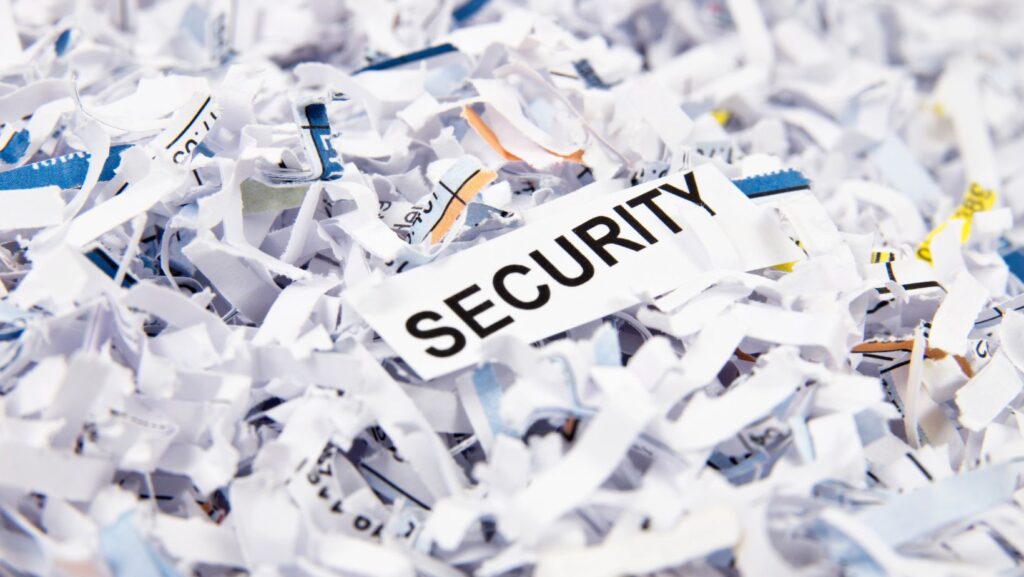
Image Source: Google
Confidential document recycling is an essential practice that both protects sensitive information and helps save the environment. In today's digital era, where almost everything is stored and shared digitally, it is easy to overlook the value of properly disposing of hard-copy documents.
However, businesses and individuals alike need to recognize the potential risks associated with the mishandling of confidential information. By implementing proper document recycling protocols, you can unlock the power of confidential document recycling and reap the benefits it offers.
One of the primary concerns when it comes to confidential document disposal is the risk of data breaches. Hard-copy documents containing sensitive information can easily end up in the wrong hands if not properly discarded.
Identity theft, corporate espionage, and other malicious activities can all stem from the improper disposal of confidential documents. By securely recycling these documents, you can significantly mitigate these risks and protect both your personal information and your business's sensitive data.
Confidential document recycling also plays a crucial role in environmental conservation. Paper is derived from trees, and the production of paper products contributes to deforestation and other negative environmental impacts.
By recycling paper, we can significantly reduce the demand for new paper production, which, in turn, helps save trees and preserve forests. Additionally, recycling paper saves energy, as the production of recycled paper requires less energy compared to virgin paper production.
So, how can you protect your information and save the environment through confidential document recycling?
The first step is to establish a robust document disposal policy. This policy should outline clear guidelines on how to handle and dispose of confidential documents. It should include instructions on which documents should be shredded or otherwise securely disposed of, as well as the appropriate containers for collecting these documents. By creating such a policy, you ensure that everyone in your organization understands the importance of proper document disposal.
Next, it is essential to invest in secure document shredding services. Shredding is the most effective way to destroy confidential documents, guaranteeing that the information they contain cannot be retrieved or misused. Many companies offer professional shredding services that adhere to strict security protocols. These services often provide locked containers for collecting confidential documents and offer on-site shredding options for added security.
Once your documents have been securely shredded, it is crucial to recycle the shredded paper appropriately. The shredded paper should be separated from non-recyclable waste and placed in designated recycling bins. It is essential to ensure that the recycling company you choose deals with paper recycling in an environmentally responsible manner. Look for companies that utilize efficient recycling processes while minimizing their carbon footprint.
Lastly, maintaining a culture of confidentiality and environmental responsibility within your organization is vital. Regularly training and educating your staff on the importance of confidential document recycling can help create a sense of responsibility and accountability. Encourage employees to prioritize document security and environmental sustainability in their day-to-day activities.
Share this post: on Facebook on Google+